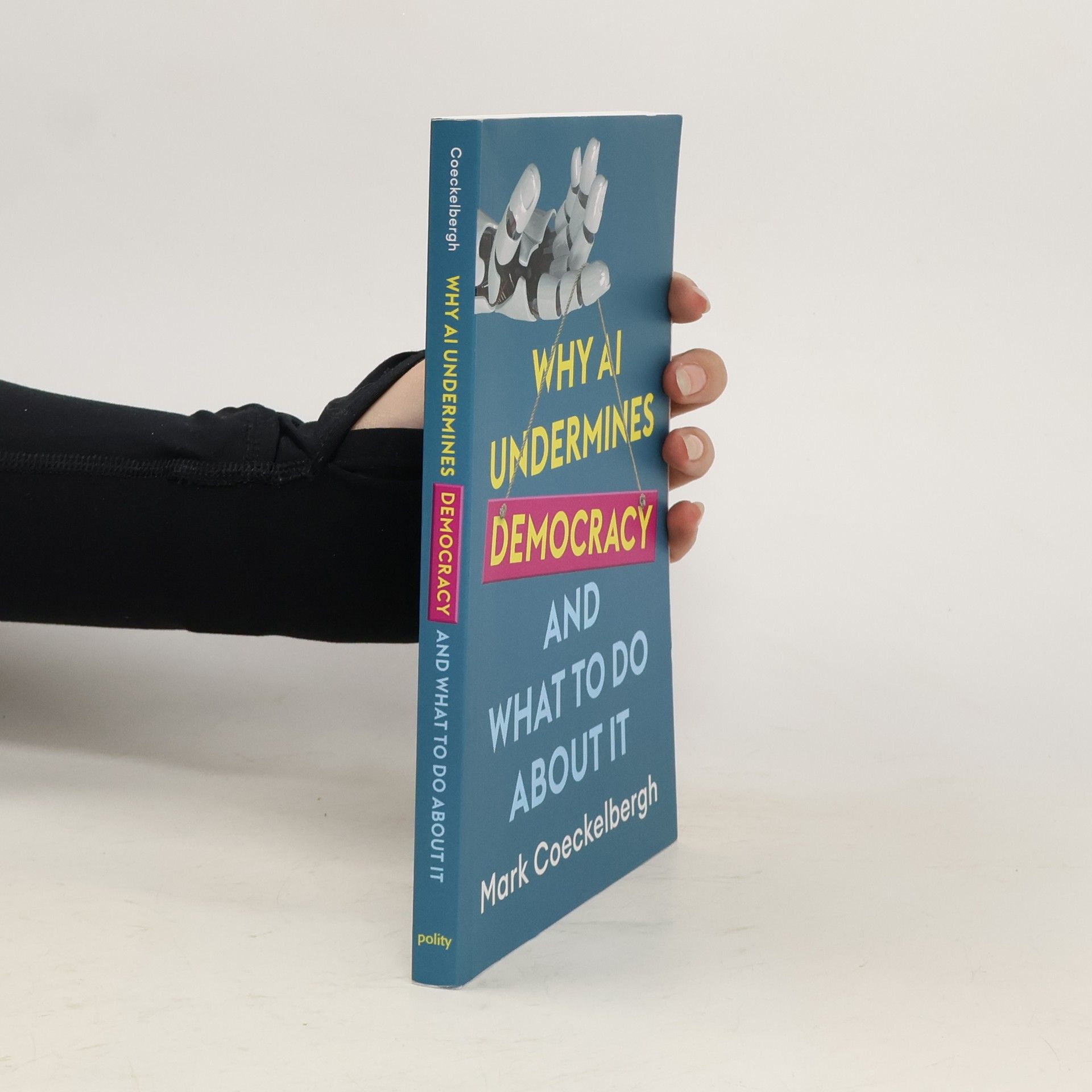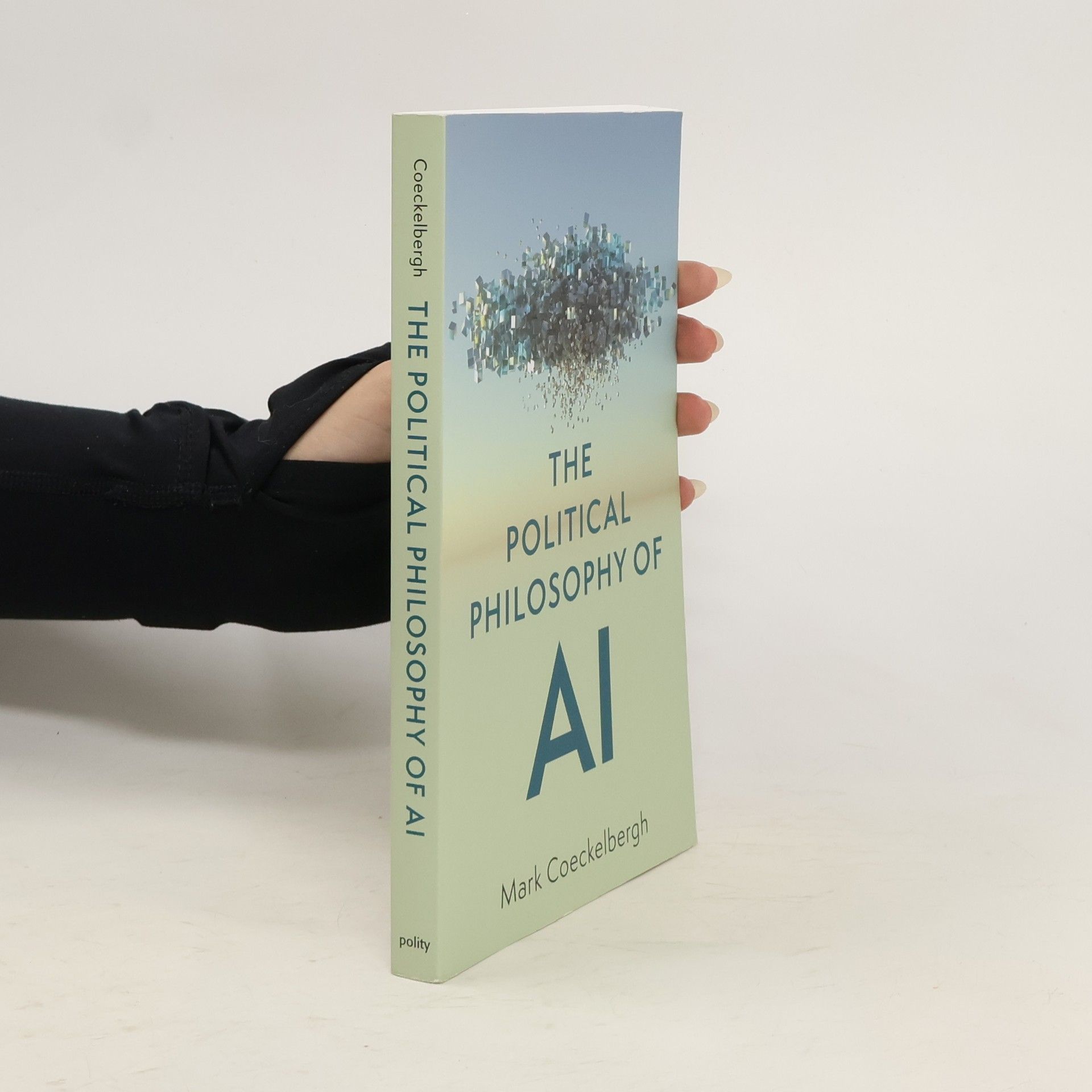Why AI Undermines Democracy and What To Do About It
- 144pagine
- 6 ore di lettura
Across the world, Artificial Intelligence (AI) is being used as a tool for political manipulation and totalitarian repression. Stories about AI are often stories of polarization, discrimination, surveillance, and oppression. Is democracy in danger? And can we do anything about it? In this compelling book, Mark Coeckelbergh offers a guide to the key risks posed by AI for democracy. He argues that AI, as it is currently used and developed, not only aids totalitarian regimes but also undermines the fundamental principles on which liberal democracies are founded such as freedom and equality. How can we make democracy more resilient in the face of AI? And, more positively, what can AI do for democracy? Coeckelbergh advocates not only for more democratic technologies, but also for new political institutions and a renewal of education and culture to ensure that AI promotes, rather than hinders, the common good and helps us to revamp humanism for the 21st century. Why AI Undermines Democracy and What To Do About It is illuminating reading for anyone who is concerned about the fate of democracy.



